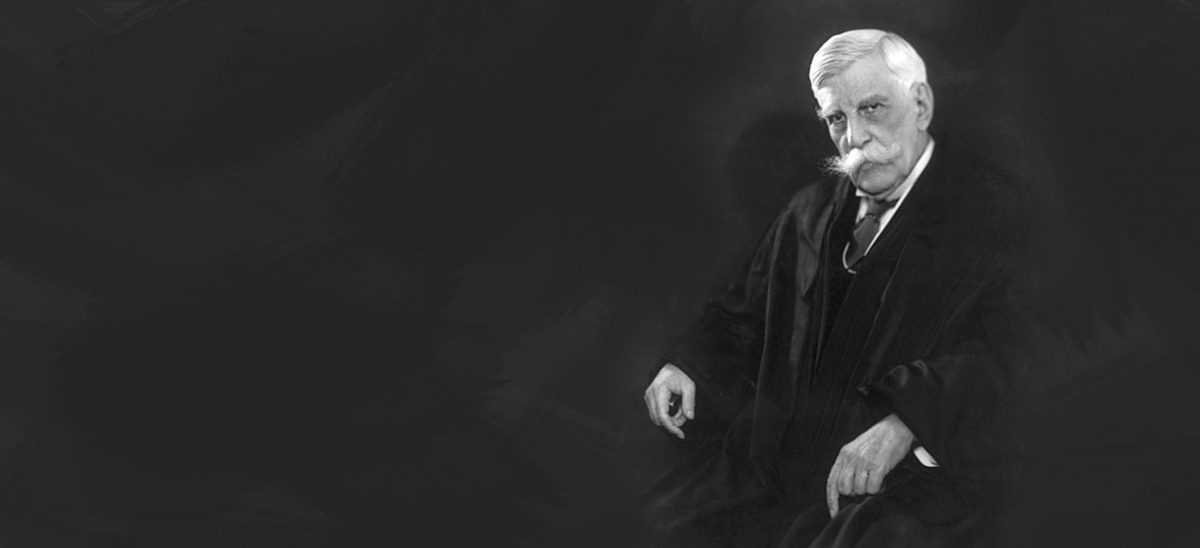
Time was when yogi Berra had to work off- season as a restaurant greeter. Richie Hebner dug graves. Nolan Ryan pumped gas. When Pirate slugger Ralph Kiner asked for a raise, scripture-quoting general manager Branch Rickey told him: “We finished last with you and we can finish last without you.”
During this winter’s off-season, perhaps you noticed that baseball’s free agent market was a bit brisker. The cost of living must have gone up a fraction.
For example, infielder Ben Zobrist went from the Royals to the Cubs for four years and $56 million, along with pitcher John Lackey, from the Cardinals, for two years and $32 million (he’s 37). Pitcher David Price went from the Blue Jays to the Red Sox for seven years and $217 million. Pitcher Zach Greinke went from the Dodgers to the Diamondbacks for six years and $206.5 million—that’s $34.4 million a year, a tad over $1 million per start, or goodness only knows how much per spit.
To understand how baseball became this lush, we have to go back more than 90 years, to when Oliver Wendell Holmes, the great Supreme Court justice, had a really bad hair day, all the way down to his rain forest of a mustache.
Holmes was not a fan of logic in law, especially when he wrote the 1922 opinion on the antitrust suit, Federal Baseball Club v. National League. Holmes concluded that professional baseball—which is in the business of traveling across state lines for the purpose of playing games for money before fans who pay to watch them—was not interstate commerce.
So, no commerce, no antitrust violation. And thus did Holmes establish the precedent, making baseball the only sport with complete exemption from antitrust laws. The cornerstone was the “reserve clause,” a contract provision that bound the player to the team for as long as the team wanted. Thus, at the mention of the word “antitrust,” baseball merely pulled up the drawbridge and hunkered down behind Holmes’ unscalable, unbreachable wall.
A number of challengers lie at the foot of that wall. The first was Danny Gardella, a marginal player and property of the New York Giants, banned from baseball for spending a season in the Mexican League. Another, George Toolson, was a minor-league pitcher in the Yankees’ organization, who wanted to play with another team but found he was still Yankee property even after his contract had expired.
Various judges criticized Holmes’ decision. “…not one of Mr. Justice Holmes’ happiest days,” said appellate court judge Henry J. Friendly. Supreme Court Justice Harry Blackmun was less gentle: An “established aberration.”
Holmes’ wall began to crack in the 1970s under the weight of Curt Flood’s suit after the Cardinals traded him without consulting him—one of the joys of the reserve clause. Said Flood: “I do not feel that I am a piece of property to be bought and sold irrespective of my wishes.” Flood didn’t win the suit, but he broke ground for free agency, which ended the reserve clause and made players richer than some countries.
The latest challenge to baseball’s exemption came last year, when the city of San Jose, Calif., tried to become the new home of the Oakland Athletics. The San Francisco Giants objected, claiming territorial rights. San Jose sued Major League Baseball in antitrust. To no one’s surprise, the Supreme Court refused to hear the case.
Earlier, when the U.S. Ninth Circuit Court rejected the city’s appeal, Judge Alex Kozinski couldn’t resist citing baseball’s landmark poem, “Casey at the Bat,” in his opinion.
“Like Casey,” the judge wrote, “San Jose has struck out here.”
Indeed, San Jose whiffed on a wild pitch served up by Oliver Wendell Holmes in 1922.


